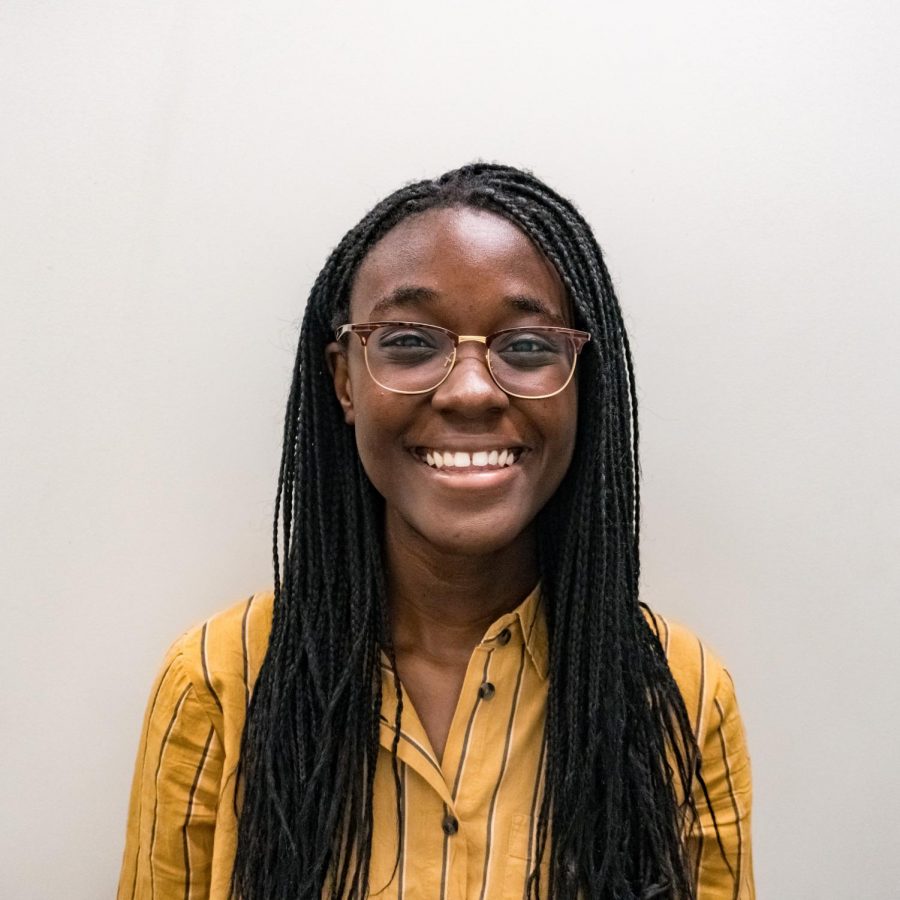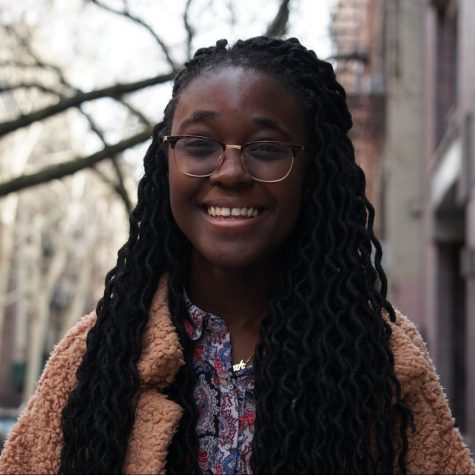Museums: the Unsung Heroes of Legitimacy
September 21, 2018
Minority groups, for obvious reasons, have always struggled to secure spaces that legitimize them and their histories. We can see this in textbooks, film, television or in a less-discussed mode of representation — museums. As of 2018, we have some national museums dedicated to minority groups, including the National Museum of the American Indian and, most recently, the National Museum of African-American History.
Yet, we still lack a national museum for countless other historically marginalized groups, including a national museum for disability history, LGBTQ history and Latin American history. The United States needs to work toward validating the history of these peoples because they have had a hand in shaping this country as much as any otherwise socioeconomically subsidized group.
Museums on the history of minority groups have a unique role that often isn’t appreciated enough by society at large: to provide representation without intervention from negative stereotypes. A clear example of this underappreciation is the documentation of disability history in America, or rather the lack thereof. There is only one physical museum of disability history in the United States, the Museum of disABILITY History in Buffalo, New York.
Douglass Platt, curator at the Museum of disABILITY History, explained that visiting the museum is a unique way of experiencing the history of people with disabilities, stating that being in the museum is more experiential. The museum focuses on moving through the history of people with disabilities in this country. It highlights that a disability is just a difference and that people with disabilities should not be viewed singularly by their disabilities. Visitors on the Facebook often remark on the sheer amount of history they can experience there. One visitor stated that their visit to the museum “provided so much information” and revealed “how individuals with disability have shaped our evolvement as a society.”
“As long as there have been people, there have been people with disabilities,” Platt said, stressing the fact that we should all be aware of the issues of the disabled community.
Given the roles museums play in empowering minority communities, building national museums is a strong statement of national support for historically marginalized groups. This can be seen in recent news through the launching of the National Museum of African-American History. Visitors have been flooding to the museum since its opening in 2016. The museum sits proudly on the National Mall. It is essentially a living and breathing monument and makes a clear statement that the stories of African-Americans are essential to the story of this nation.
The museum weaves together a narrative — one as complex as the people it depicts. It is structured to bring visitors through African-American history, from the slave trade to today, in chronological order. It begins in a basement, meant to mimic the slave ships that brought so many Africans into American history. It ends, however, on a triumphant note, showing visitors the unique contributions African-Americans have made to this country today. Needless to say, it has often been described as an extremely powerful experience — one that frequently leaves visitors in tears.
The preservation of minority history is a noble pursuit and we, as a nation, need to support this through the launching of national museums. Some initiatives to build national museums for historically marginalized communities, such as the American Latino Museum, have been in the works for years but often stall because of lack of funding, lack of public support or other issues. But as a country, we need to ask ourselves the message we are sending by not having these museums.
Museums symbolize the role minorities have taken in making this country the hodge-podge of culture and diversity it is — whether some try to ignore the fact or not. We need museums to be a beacon of pride and legitimacy for the people that need, and have needed such support, for a very long time now.
Opinions expressed on the editorial pages are not necessarily those of WSN, and our publication of opinions is not an endorsement of them.
Email Sarah John at [email protected].













































































































































